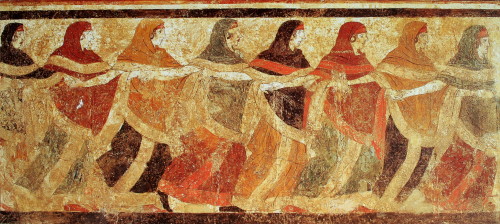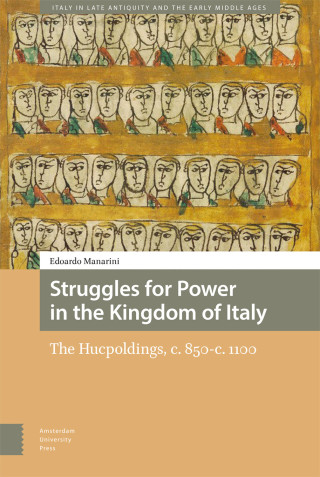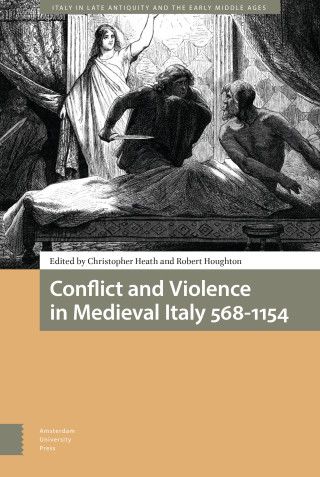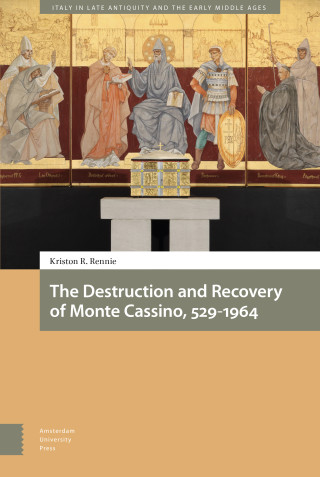
- Series editors
Dr Christopher Heath, University of Lincoln
Dr Edoardo Manarini, Università di Modena e Reggio Emilia- Geographical Scope
- Italy, Italy and Carolingian Europe, Italy and Central Mediterranean
- Chronological Scope
- c. 400 – c. 1200
- Editorial Board
Ross Balzaretti, University of Nottingham
François Bougard, Institut de recherche et d’histoire des textes/Centre National de la Recherche Scientifique, Paris
Clemens Gantner, Universität Wien
Tiziana Lazzari, Universita’ di Bologna
Edward Schoolman, University of Nevada, Reno- Keywords
- Late Antiquity; Early Medieval; Central Mediterranean; Italy; Italian Culture, Identity and Society
- Flyer
- Download flyer
Italy in Late Antiquity and the Early Middle Ages
The enduring culture of Italy has sustained and transformed human life and experience throughout its long history. Undoubtedly the transformations of the peninsula in the Late Antique and Early Medieval periods are redolent of change and challenge for societies and individuals. This series aims to bridge the gap between Anglophone and Italian scholarship, and more broadly to make works of Italian scholars better known throughout Europe. The series aims to present the best high quality research on the Italian peninsula and the Central Mediterranean in Late Antiquity and the Early Middle Ages. It covers the period from the end of the Western Roman Empire to the Ottonians in Italy encompassing Ostrogothic, Lombard and Carolingian Italy. An important aim of this series is to encourage cross-disciplinarity in research associated not only with history, but also archaeology, art history, religious studies and all cognate disciplines. In publishing scholarship from the Anglophone world and from Italy and beyond the series will encourage and deepen knowledge of the central Mediterranean in this fascinating formative period.

Weapon Manufacture and Authority on the Frontier of Late and Post-Roman Italy

Thefts of Relics in Italy

River and Society in Northern Italy

Struggles for Power in the Kingdom of Italy

Conflict and Violence in Medieval Italy 568-1154

